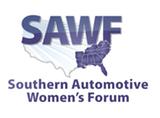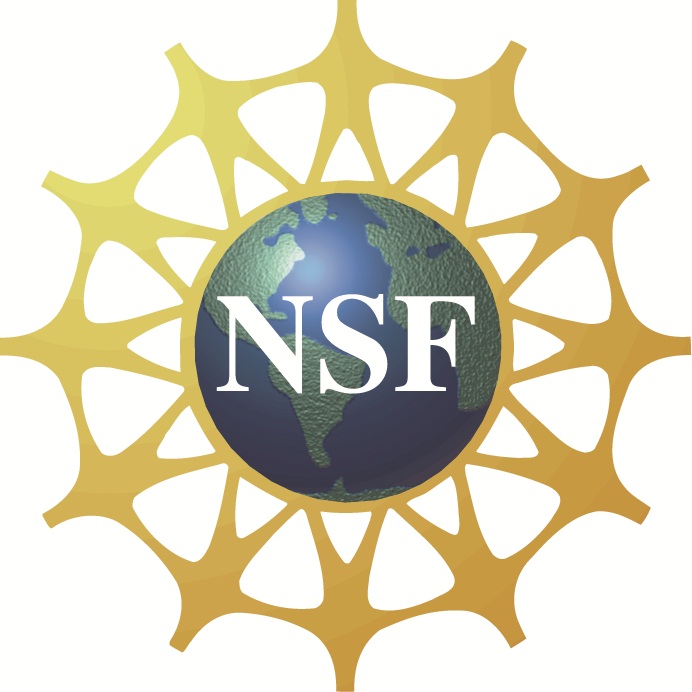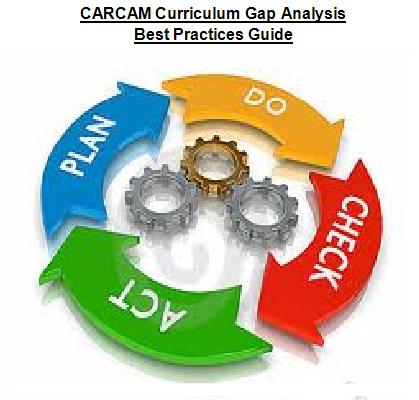|

|
| The Birmingham International Center`s Spotlight on China Business Roundtable on Friday, Jan. 23, 2015, featured panels about Alabama-China trade and investment. |
|
When Mercedes engineers were working with American engineers on cars to be sold to the American public, cup holders were a contentious issue.
"The German engineers said, 'Who would drive a car and drink coffee? It's not safe,'" said Bill Taylor, former President and CEO of U.S. Mercedes Benz International. "We would fight about the need for not just one cup holder, but many cup holders."
But when you're driving 100 miles per hour on the autobahn, the cultural expectations for safety are different, Taylor said.
Taylor, now the President of the Economic Development Partnership of Alabama, spoke at the Birmingham International Center's Spotlight on the People's Republic of China Business Roundtable on Friday. He said had hundreds of similar stories as the German Mercedes workers meshed with Alabamians.
Alabama's auto industry represents German, Japanese and Korean cultures - and you never know what cultural differences you're going to encounter, Taylor said. But that's essential to international business, he said.
"It's about respecting each other's differences and learning about these differences and why there are differences," Taylor said.
That's one of the reasons that Mercedes started a program for its international employees in Alabama where it set international families of similar ages and makeups with local families. Employees helped each other in the factory, but the real culture shock came outside of work.
"The host families helped the family at home with the doctor's appointments, the dentist appointments, the drivers licenses," Taylor said. "That when the cultural changes happen."
German employees, when they first came to Alabama, said they didn't need air conditioning, he said. It only took one Alabama summer to make them reconsider that.
"There's all kinds of interesting little customs," Taylor said.
It's a process whatever the culture, Taylor said. He recalled working with a Japanese colleague in Canada at Mercedes who seemed very stressed about a problem at home.
" 'I went in and said to my wife, the grass isn't cut. And she said, 'Not my job,''" Taylor recalled his colleague saying. "For him, it's a huge embarrassment! His wife was Canadianized!"
Full Article: http://www.al.com/business/index.ssf/2015/01/what_germans_find_weird_about.html
|



























